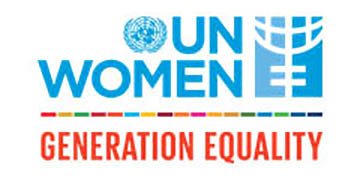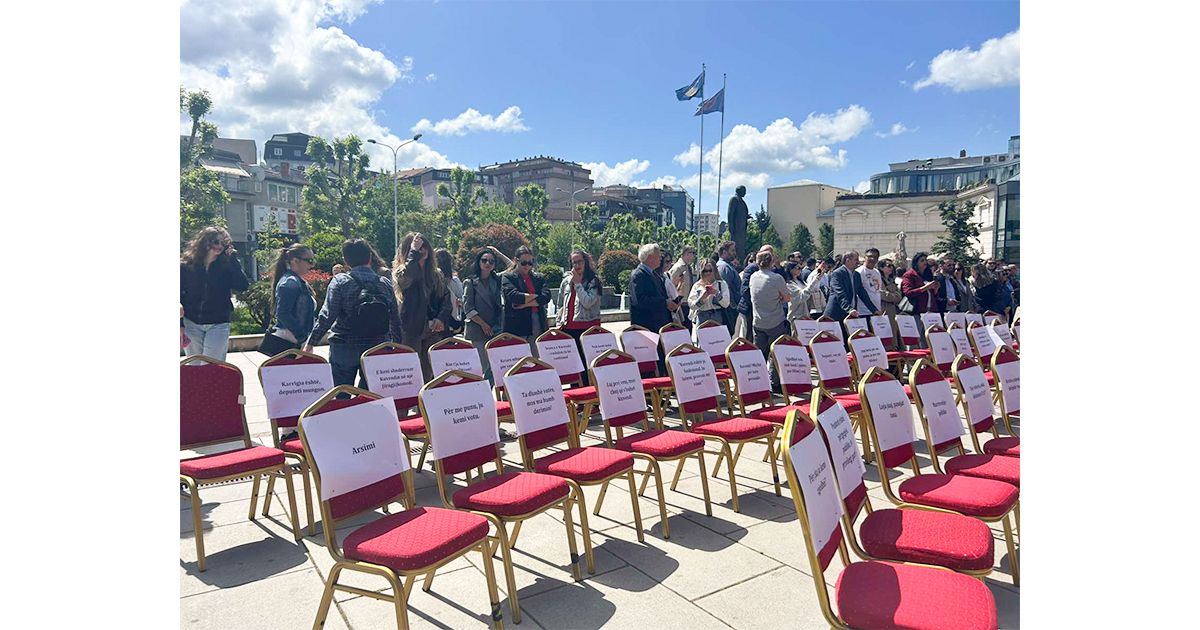Upon the closure of the global campaign of 16 Days of Activism against Gender-Based Violence under this year’s theme “Orange the World: Generation Equality Stands against Rape!” the Security and Gender Group (SGG) calls upon the new government to define roles and responsibilities and to build specialized services for addressing sexual violence whilst committing to join efforts in protecting and supporting its survivors.
As a globally occurring and evidently the most under-reported crime, sexual violence needs to be addressed in a manner presenting the least risk to and the ones seeking assistance in the most dignified way. Relevant Standard Operating Procedures need to be developed, as a matter of urgency. The SOP’s should define the roles and responsibilities of each institution involved in supporting victims of sexual violence, and perpetrators should be held criminally liable and punished as prescribed by legal framework.
Examinations conducted by Kosovo Forensic Institute show that majority of victims of sexual violence are minors, with over 60% under 16 years old. The latest figures of sexual violence committed against minors are deeply shocking, but also reveal that not even the most vulnerable, whilst courageous find the appropriate response due to the lack of specialized services for sexual violence cases – vital to move beyond the trauma.
Cognizant of stigma and fear that the survivors of this crime are faced with, the SGG commits to join efforts in promoting the rights of survivors of sexual violence and calls upon competent institutions to protect those rights by providing specialized training for all stakeholders involved to offer the support to which survivors are legally entitled, and establish specialized government-funded shelters for sexual violence survivors.
Providing adequate and rehabilitative services is not only a sexual violence survivor’s right, but also a prerequisite for feeling safe and empowered, for ending impunity for perpetrators and closing the serious gap in under-reporting. SGG calls to work collaboratively with various stakeholders, educational institutions, community, media, civil society organizations and other institutional partners for sexual violence prevention efforts.
We strongly condemn any act of violence against women and girls, and we amplify and unite our voices and efforts to end this intolerable suffering to society.
The Security and Gender Group (SGG) is a multi-stakeholder group, chaired by UN Women. The following institutions are members of SGG and support this public statement:
International organizations: UNKT agencies including the UN Development Coordinator, UN Women, UNFPA, UNHCR, UN Habitat, IOM, as well as the UN Mission in Kosovo, European Union in Kosovo/ EUSR, OSCE, Embassy of Sweden, Embassy of Finland, Norwegian Embassy
Kosovo institutions: Agency for gender equality, Kosovo Police,
Women’s organizations and NGOs: Kosova Women’s Network, Kvinna till Kvinna, Kosova – Women 4 Women, NGO Zensko pravo(Women’s rights), KIPRED, Jahjaga Foundation, Kosovar Gender Studies Center, Youth Initiative for Human Rights – Kosovo




